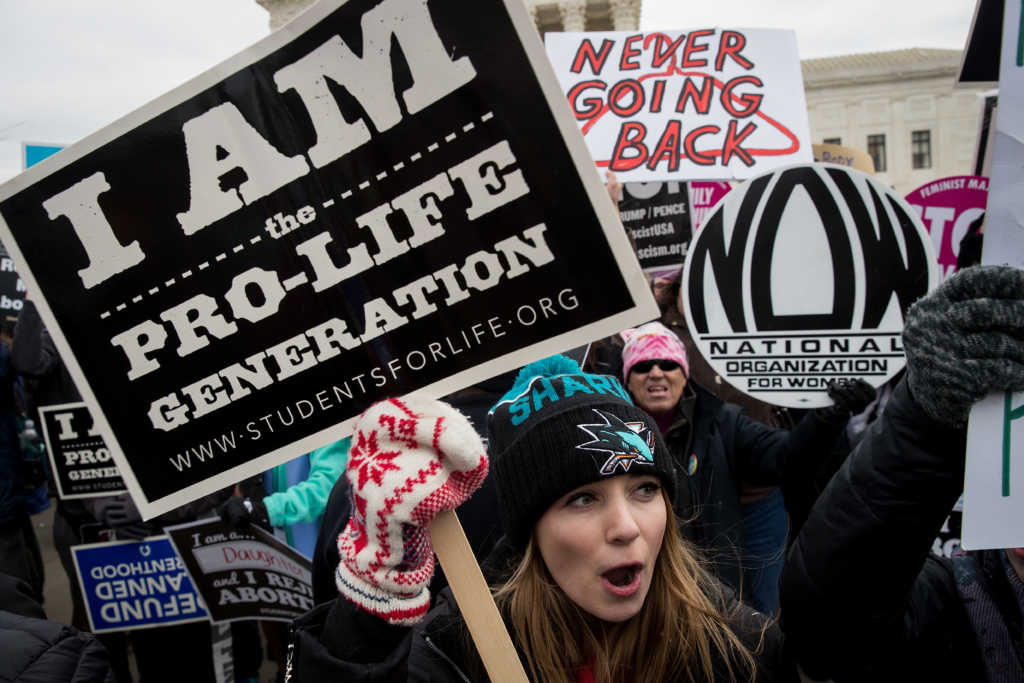As student protest to encourage changes in gun laws to better protect our schools, or teachers march for better pay, I’m reminded of college students marching for a cause about which they are passionate.
It was the 45th annual March for Life in Washington, D.C. earlier this year, and those who marched stood for the dignity of human life, and a pro-life agenda.
Students held signs saying, “I am the Pro-Life Generation.”
I want to ask, what does it mean to be a “Pro-life” generation? What does it mean to March for Life? Does it mean anything beyond the attempt to end access to abortion?
Pro-Life is a tricky word. Its meaning has been narrowed over the last four decades amidst our American culture wars, and has been used as a line in the sand. It typically has a singular meaning, lacking a grander vision to address creation care for life on our planet, fighting the death penalty, or advocating for increased global health funding for vulnerable populations worldwide.
These are interconnected, complicated issues with complicated solutions.
Ironically, to push the pro-life agenda in the developing world, and in some parts of the United States, family planning, or access to contraception, is the key. And the success of women and girls is the way out of extreme poverty for communities and nations.
Family planning is a life and death issue for women in low-income nations. If young women – most married by the age of 16 – from Guatemala to Ethiopia, can wait to have their first child by the age of 20, they are five times more likely to survive the complications of pregnancy and childbirth. Prenatal care, skilled attendants during birth, birthing in a clinic, and post-partum care all play a role – but choosing the timing of that birth may be the most important variable to saving lives and improving rates of maternal health.
And, if that young woman can have access to contraceptives in order to space her children just three years apart, the newborn is twice as likely to survive the first year of life. Currently, more than 5.9 million children die every year from simple things like a cold (pneumonia), lack of clean water (diarrhea), or a mosquito bite (malaria). Yet, spacing children gives these babies a strong beginning for a healthier future. The child will also have more time with the mother to meet physical (nursing), emotional (snuggling), and cognitive needs in those first few, special years of life.
Of course, being pro-life also means being an advocate for global nutrition – to fight anemia, child stunting and wasting – and for food security. It means supporting access to education for all. It means fighting for women’s and girls’ empowerment. And it means understanding why it’s critical that the U.S. continue to fight to end the pandemics of HIV/AIDS, Tuberculosis, and Malaria.
The systemic issues of being a pro-life generation, not just in the United States, but above and beyond our borders, requires much thought. We need this pro-life generation to move beyond the culture wars, the monolithic issue of abortion, and engage advocates across political lines for a better, safer world that might value the dignity of all life on our planet.
–
Jenny Eaton Dyer, PhD is the executive director of Hope Through Healing Hands in Nashville, TN, and as such, she directs the Faitb-Based Coalition for Healthy Mothers and Children Worldwide. She is a lecturer at Vanderbilt University and teaches Global Health Policy and Politics.


